Rita Ytterdahl Ubel
Email: rita@ritaubel.com
Sessions in English, Español, Deutsch and Norsk
Online session and presencial session
Individual sessions and group sessions
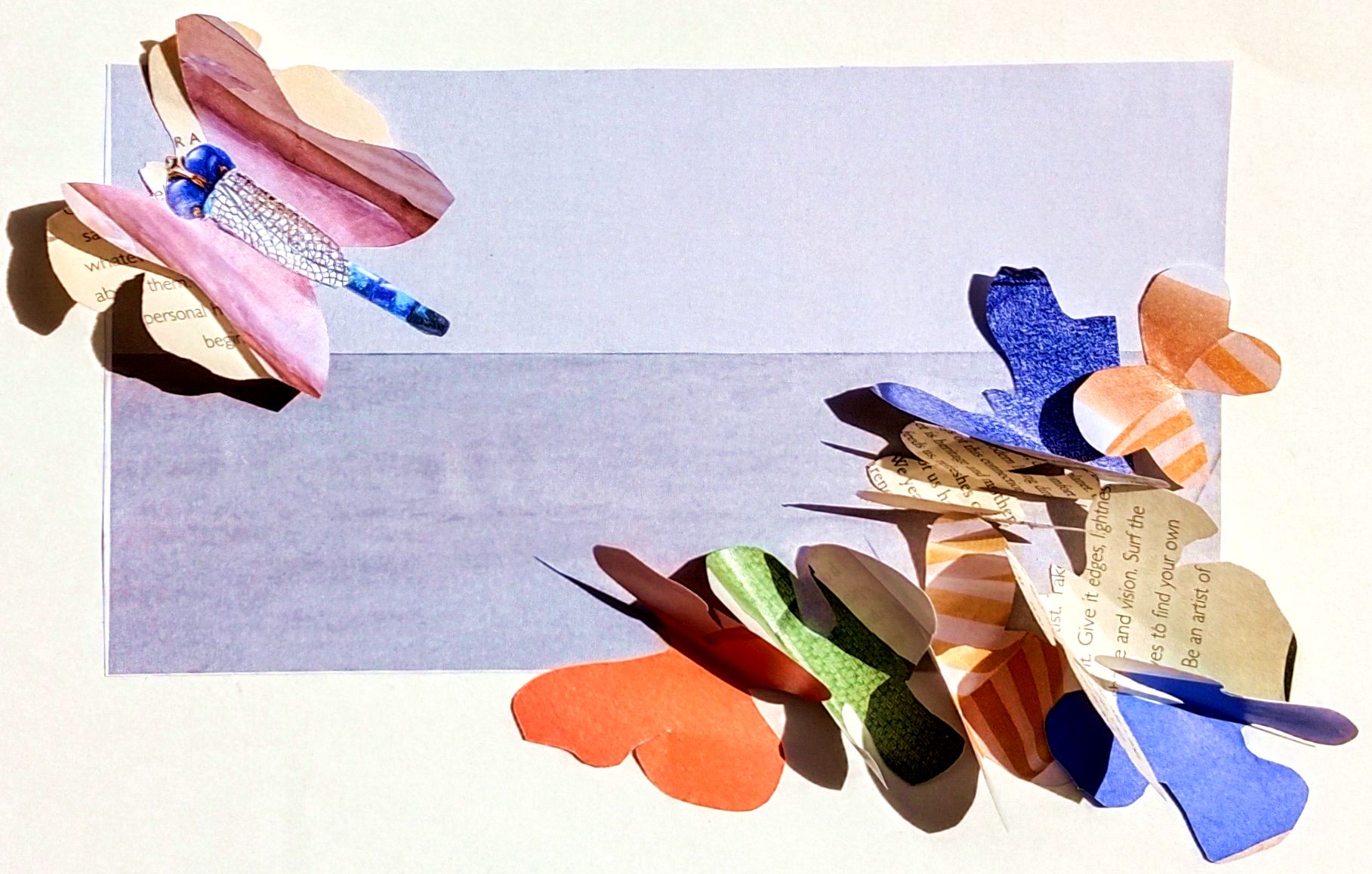
About me and my work
I am sited in Almeria, in the south of Spain, working with patients from all over Europe in English, German, Spanish and Norwegian language. I work both online and in face-to-face sessions, engaged and inspired by the healing power of art and dialog in psychotherapy. Through attentive listening and a deep respect for the patients’ personal process I encourage genuine insight applying Gestalt psychotherapy and Art therapy.
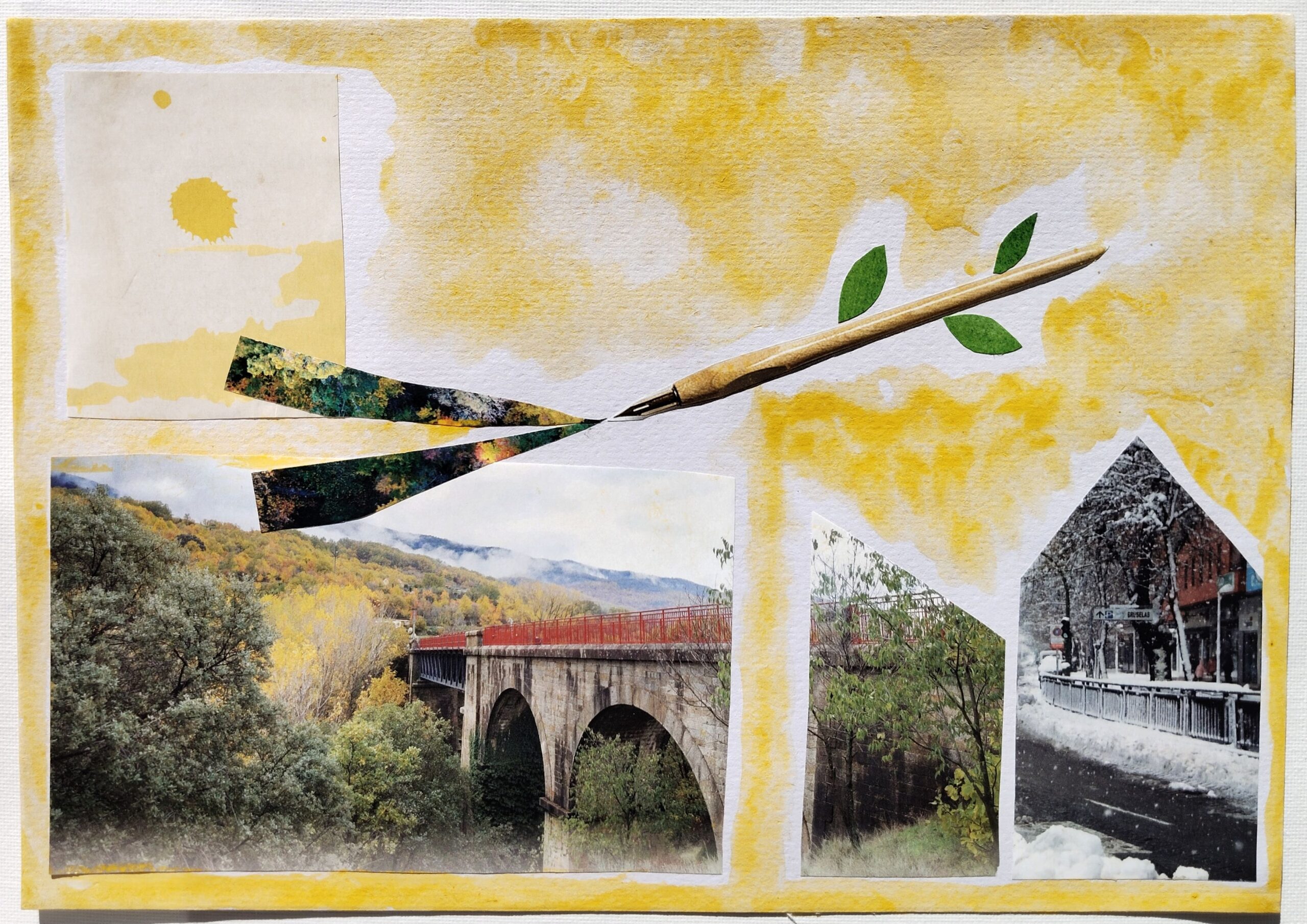
What is Gestalt?
Gestalt therapy is an interactive and holistic form of psychotherapy. In addition to its psychoanalytic roots Gestalt therapy draws on humanistic psychology, existentialism, and eastern thought. It is a creative and patient oriented approach that is non-authoritarian and non-interpretive.
In Gestalt therapy we focus on the patients here and now experience. Gestalt therapy helps to free energy locked in old, dysfunctional behaviour patterns. It helps re-organize ourselves and find balance in life. Gestalt therapy show us how to live more fully and centred in ourselves, yet able to reach out and take in what the world has to offer.
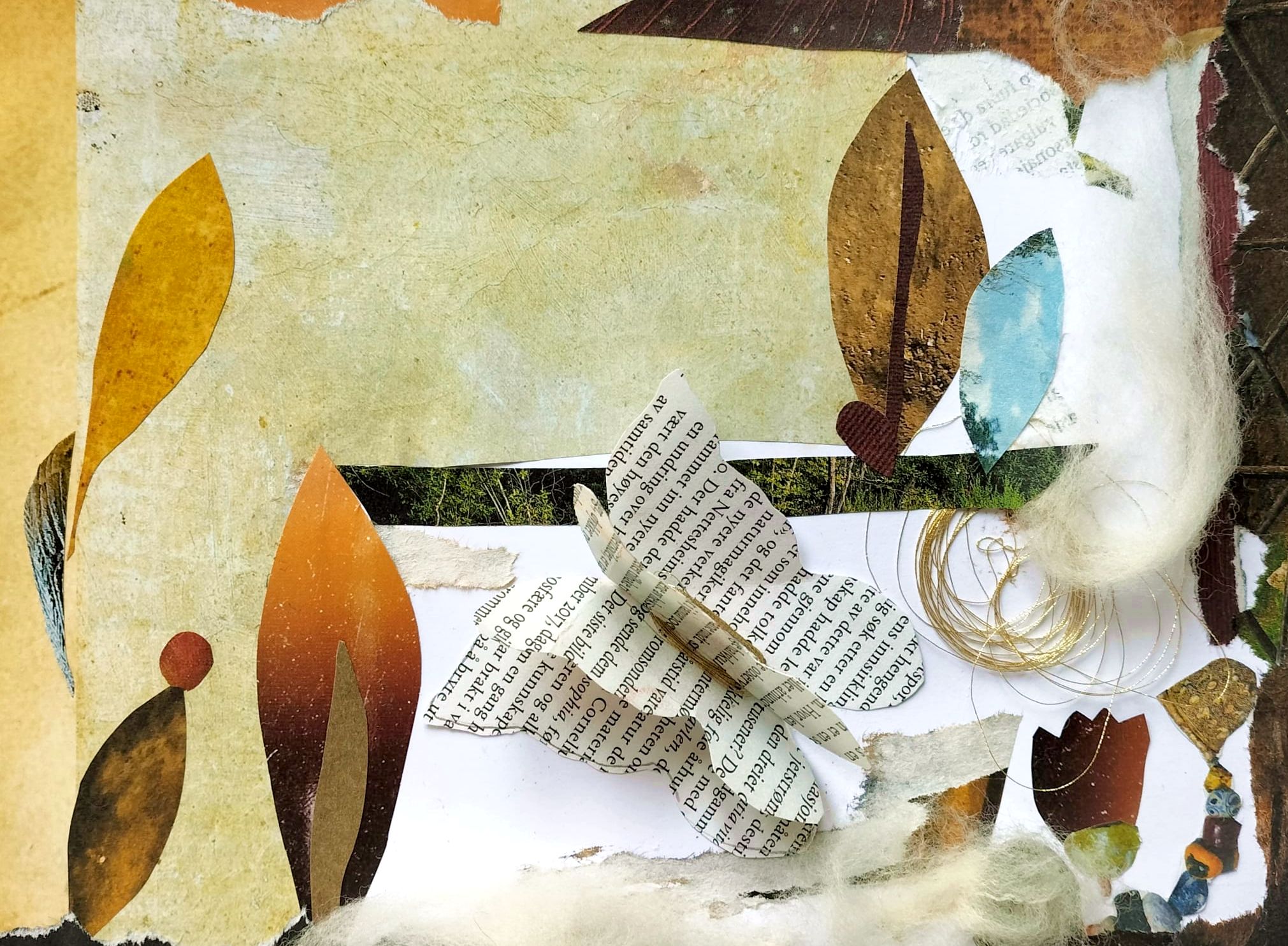
What is Art Therapy?
Art therapy is a form of psychotherapy. In Art therapy your artwork becomes a lasting imprint of your inner world, transformed into a tangible, symbolic object.
Being creative and making art is joyful and brings you into the good feeling of doing something you like. The healing power of art therapy depends on more than just art making. In art therapy, with a professional art therapist, you will be in a safe place, feeling confident and secure. Your art therapist will know how to speak with you about your artwork to make it meaningful. After the art therapy session, the experience will still work in your mind. With the help from your art therapist, you advance along the spiral of self-knowledge and gain insight about yourself and your desires.
Art therapy is applied in individual sessions and in groups. The creative process fosters personal development and benefit relational well-being. No artistic skill is required for art therapy; the key is a willingness to engage in the process.
The purpose of art therapy
The aims of art therapy include the following: to help individuals reduce distress, anxiety and sadness, improve relationships, work through conflicts, heal from difficult life experiences, develop a sense of personal power, regulate affect, and increase self-reflection and awareness.
The art therapy session
In visual art therapy, you use art material to express and articulate thoughts and feelings through art making. You will make art and talk, or you can make art in silence if that is what you prefer. When making art, you are free to choose the art materials that you feel most confident with. You might paint, draw or make collage. In the session you will reflect on your artwork. We will talk about the thoughts, feelings and experiences that come up during your art-making and when you look at your creation.
The interpretation of the artwork often focusses on the creative process, which is just as interesting as the creation. In art therapy the study of the image always includes not knowing. The art therapist and the patient are both bound to renounce the desire to know everything and to observe with openminded interest.
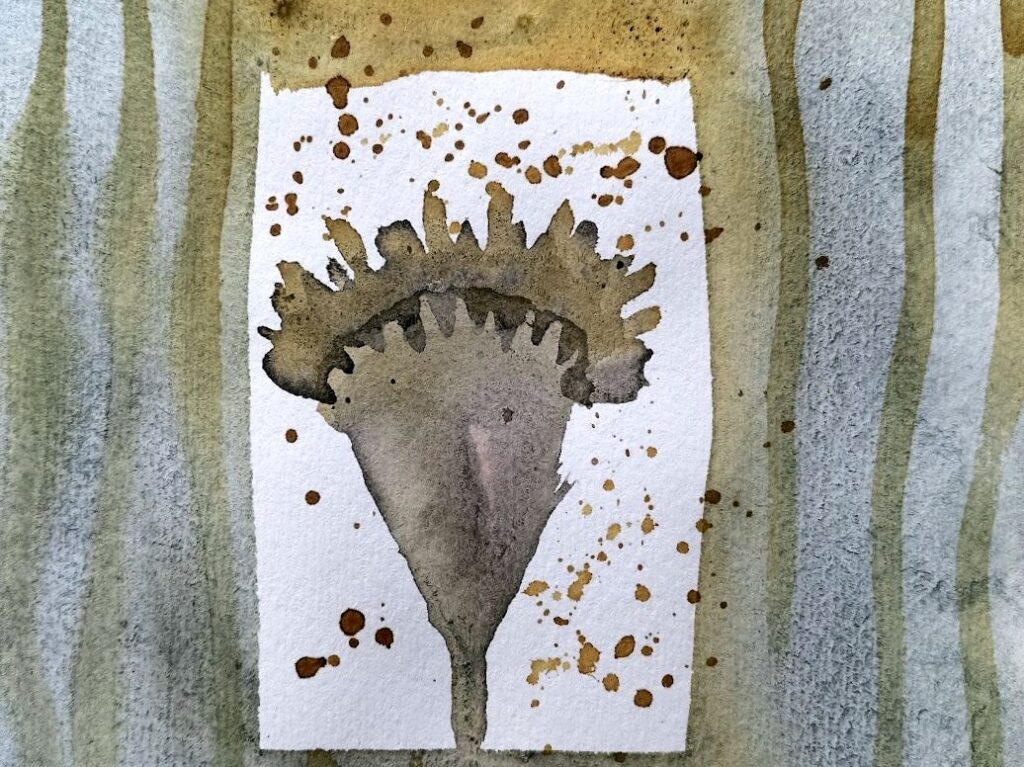
The unspeakable
Sometimes we do not know how to express ourselves through words. Then art making and images provide a unique source for communication. When the image is presented together with words, the former complement the latter and deepens the understanding of both image and verbal expression in a myriad of ways. We can try to transform into words the content of an artwork and we must resign ourselves to losing parts of it. Precisely we will lose the ineffable, the sublime and unspeakable, – that which cannot be spoken because it is still beyond words.
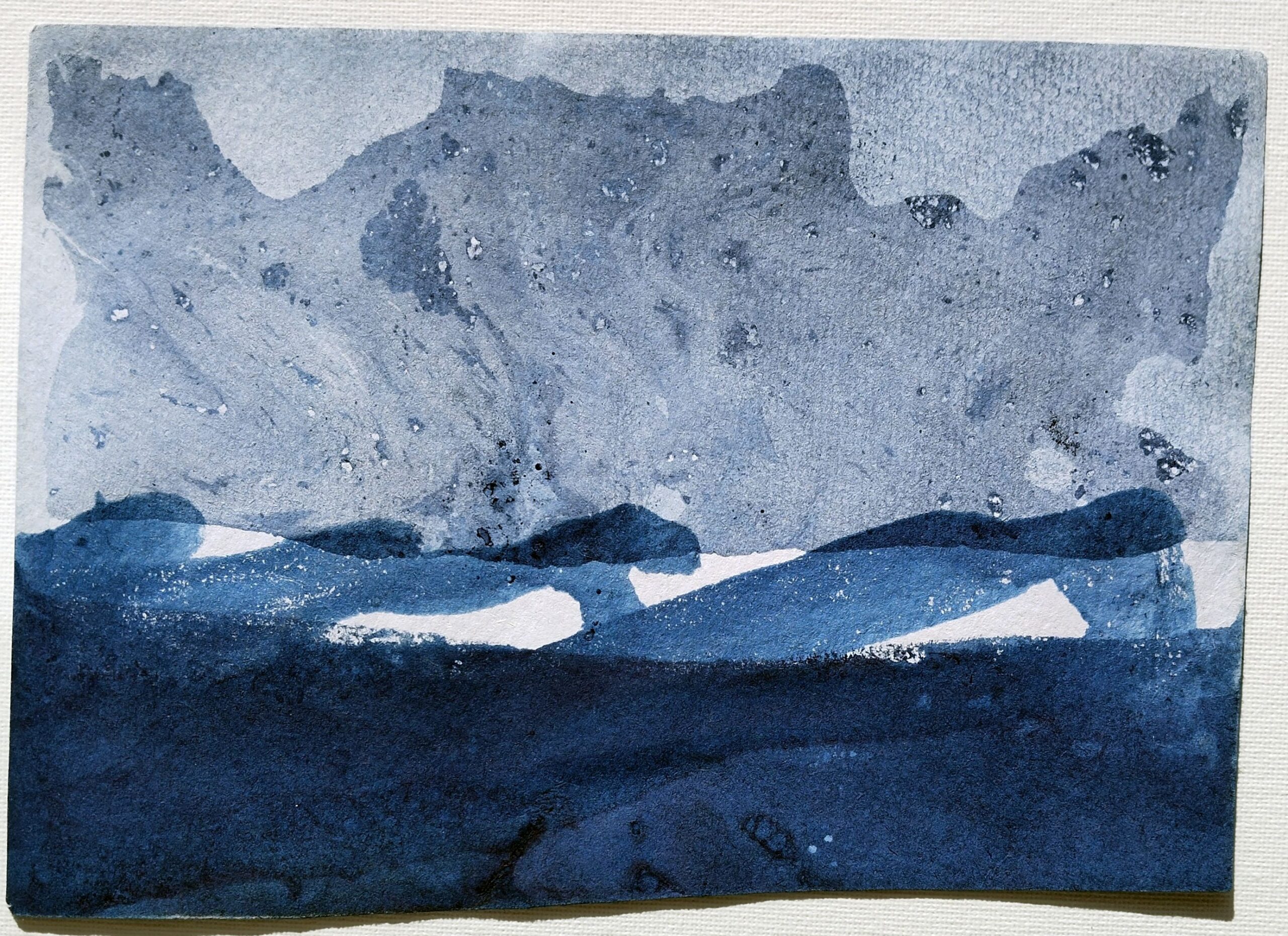
Trauma
The psychological trauma can be understood as a present experience that overwhelms the capacity to regulate our emotions and make sense of the world. It can be related to sudden severe illness, loss or feeling threatened by death.
The unexpected, traumatic experience crush your sense of security, make you feel helpless, fragile and vulnerable. Trauma is when the memory of an unexpected experience keeps working in the mind and affect you in the time after, in a particular way.
Symbolic imagery allows a sense of control when working with trauma in art therapy. The externalized image, a basic tool of art therapy, is useful when one is not ready to talk. The image is a bridge towards verbal sharing, and together they lead a re-elaboration of the content towards new perspectives.
The visual, tangible, nonverbal and experiential characteristics of art therapy are a well-known approach to the often wordless and visual nature of traumatic memories acting as agents in present-life situations.
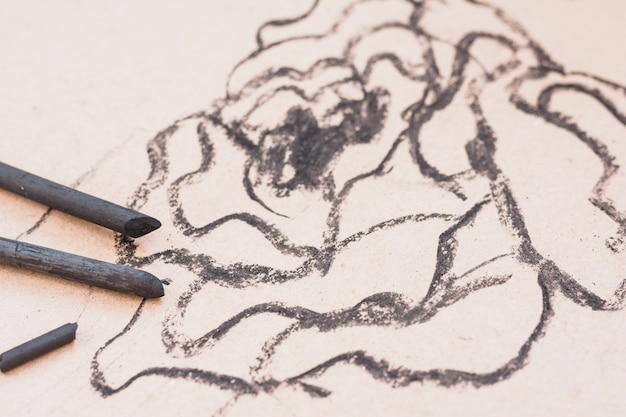
Creativity
Creativity stems from the desire for pleasure and the need for self-expression. An adults’ creativity has the same sources, motivation, and serious attitude as children’s play. All creativity starts with a make-believe and requires the suspension of what is known about external reality to allow the new and unexpected to emerge from the imagination.
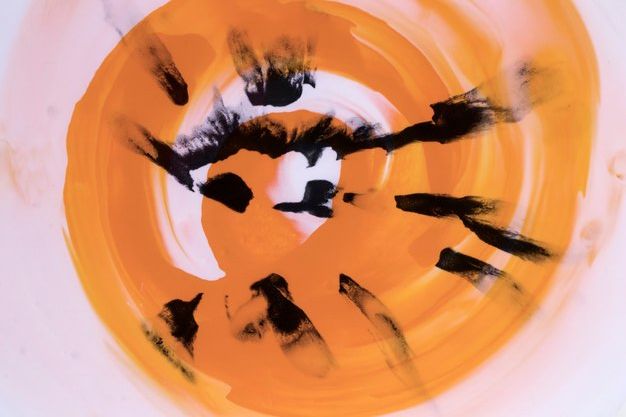
Groups of interest
I am a full individual member
- of the European Federation of Art Therapy »EFAT
- the European Association for Gestalt Therapy »EAGT
- holder of the European Certificate of Gestalt Psychotherapy
- and the Asociación Española de Terapia Gestalt (AETG) »AETG
As an active member of the European Federation of Art Therapy (EFAT), I am contributing together with European art therapists, promoting the development of professional practice in art therapy.
As a member of the European Association for Gestalt Therapy (EAGT), I support the crisis platform by providing therapy to volunteers working all over the world in social projects.
Following my interests in the theory and practice of psychoanalysis I am studying at La Sección Clínica de Madrid (NUCEP).
Rita Ytterdahl Ubel
Art therapy and Gestalt psychotherapy
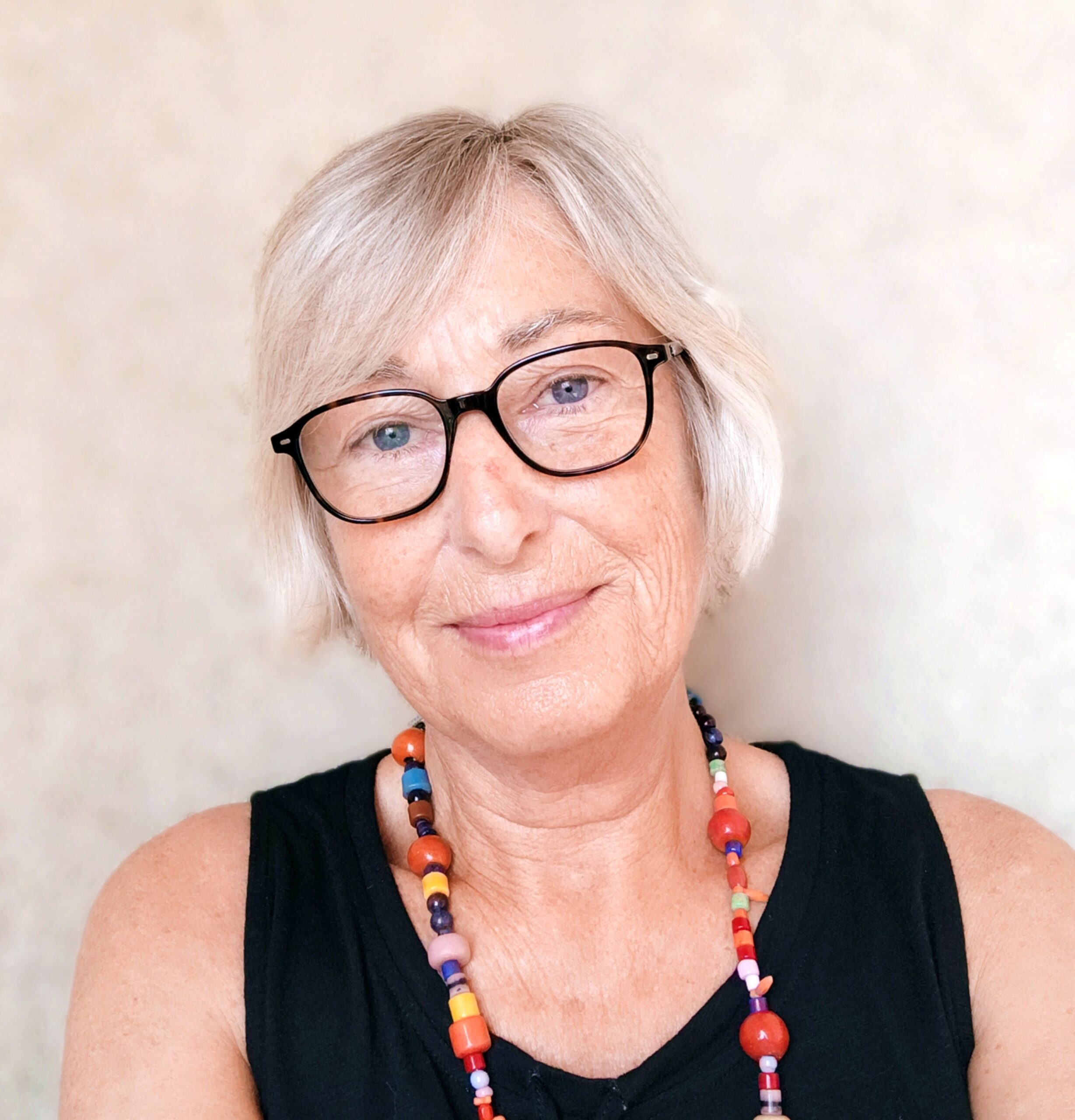
Mobile: +34 611 588 045
Email: rita@ritaubel.com
Almeria, Andalucia, Spain.
Online session and presential session
Individual sessions and group sessions
Language: English, Español, Deutsch and Norsk